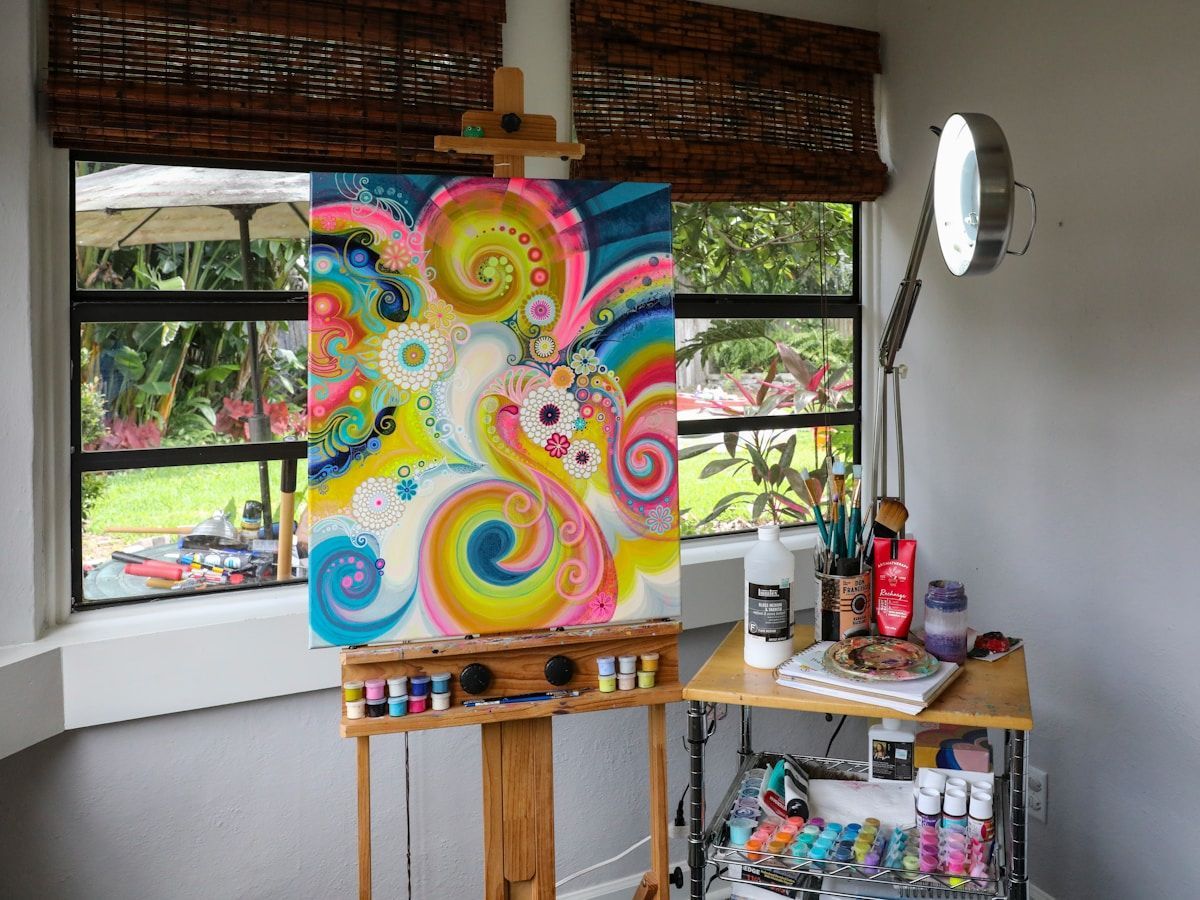Group Therapy in Barrington: Healing Together in Community
Group therapy in Barrington, Massachusetts offers a powerful path to healing by combining professional therapeutic guidance with the strength of peer support. At Berkshire Heart & Mind Therapy, we understand that sometimes the most profound healing happens when we connect with others who share similar struggles and experiences.
Our practice has been serving the Barrington community and surrounding areas with comprehensive group therapy sessions in Barrington that create safe spaces for personal growth, emotional healing, and meaningful connections. Whether you're dealing with anxiety, depression, grief, or life transitions, our structured group environments provide unique therapeutic benefits.
What is Group Therapy in Barrington?
Group therapy in Barrington is a form of psychological treatment where 6-8 individuals meet regularly with one or two trained therapists to work through personal challenges, practice new skills, and support each other's healing journey in a confidential therapeutic setting.
Our group therapy sessions in Barrington utilize evidence-based approaches including Cognitive Behavioral Therapy (CBT), Dialectical Behavior Therapy (DBT), and process-oriented group work. These modalities are specifically designed to harness the therapeutic power of group dynamics while maintaining individual therapeutic goals and privacy.
Benefits of Group Therapy in Rural Massachusetts
Living in Barrington and the broader Berkshire region presents unique advantages for group therapy participation. The close-knit community atmosphere, seasonal rhythms, and shared regional experiences create natural foundations for meaningful therapeutic connections and mutual support.
- Reduced feelings of isolation through peer connection and understanding
- Cost-effective mental health treatment option with proven effectiveness
- Opportunity to practice social skills in a safe, supportive environment
- Multiple perspectives and coping strategies from diverse group members
- Accountability and motivation through group commitment and encouragement
- Enhanced self-awareness through feedback and observation of others
How Does Group Therapy Work in Barrington?
Group therapy works by creating a structured therapeutic environment where participants share experiences, provide mutual support, and learn from each other under professional guidance, typically meeting weekly for 90-minute sessions over several months.
Our experienced therapists facilitate discussions, introduce therapeutic techniques, and ensure that each group member feels heard and supported. The group format allows participants to see their challenges from new perspectives while building confidence through helping others and receiving validation for their own experiences.
Types of Group Therapy Available
Berkshire Heart & Mind Therapy offers various specialized group therapy programs tailored to meet different needs within the Barrington community:
- Anxiety and depression support groups focusing on symptom management
- Grief and loss groups for those experiencing bereavement or major transitions
- Trauma recovery groups utilizing trauma-informed therapeutic approaches
- Life skills and coping strategies groups for practical daily challenges
- Seasonal affective disorder groups addressing winter mental health challenges
- Family dynamics groups exploring relationship patterns and communication
Each group is carefully structured to ensure appropriate member compatibility and therapeutic focus. We work closely with our extended service area network to ensure optimal group composition and therapeutic outcomes for all participants.
The Group Therapy Process
Beginning group therapy involves careful screening and preparation to ensure the best possible experience and outcomes:
- Initial individual consultation to assess group therapy readiness
- Matching to appropriate group based on concerns and personality fit
- Pre-group orientation covering expectations and group guidelines
- Regular group sessions with structured activities and open discussion
- Ongoing individual check-ins to monitor progress and address concerns
- Graduation planning and transition to maintenance or individual therapy
Confidentiality and Safety in Group Settings
We understand that confidentiality concerns can be particularly significant in smaller communities like Barrington. Our group therapy programs maintain the highest standards of professional confidentiality, with all participants signing agreements to protect each other's privacy and personal information.
Our therapists are specially trained to manage the unique dynamics of small-community group work, ensuring that participants feel safe to share openly without concerns about information spreading within their local networks. We also offer groups that draw from our broader service area to provide additional anonymity when desired.
Insurance and Accessibility
Group therapy is often covered by insurance plans and represents a cost-effective option for quality mental health treatment. Our office at (413) 252-4357 can help verify your specific coverage and discuss payment options to ensure that group therapy remains accessible regardless of your financial situation.
We believe that mental health support should be available to everyone in the Barrington community. Financial constraints should never prevent someone from accessing the healing power of group therapy and peer support.
Ready to experience the transformative power of group therapy? Contact Berkshire Heart & Mind Therapy at (413) 252-4357 to learn more about our current group offerings and begin your journey toward healing through community connection in Barrington, Massachusetts.

